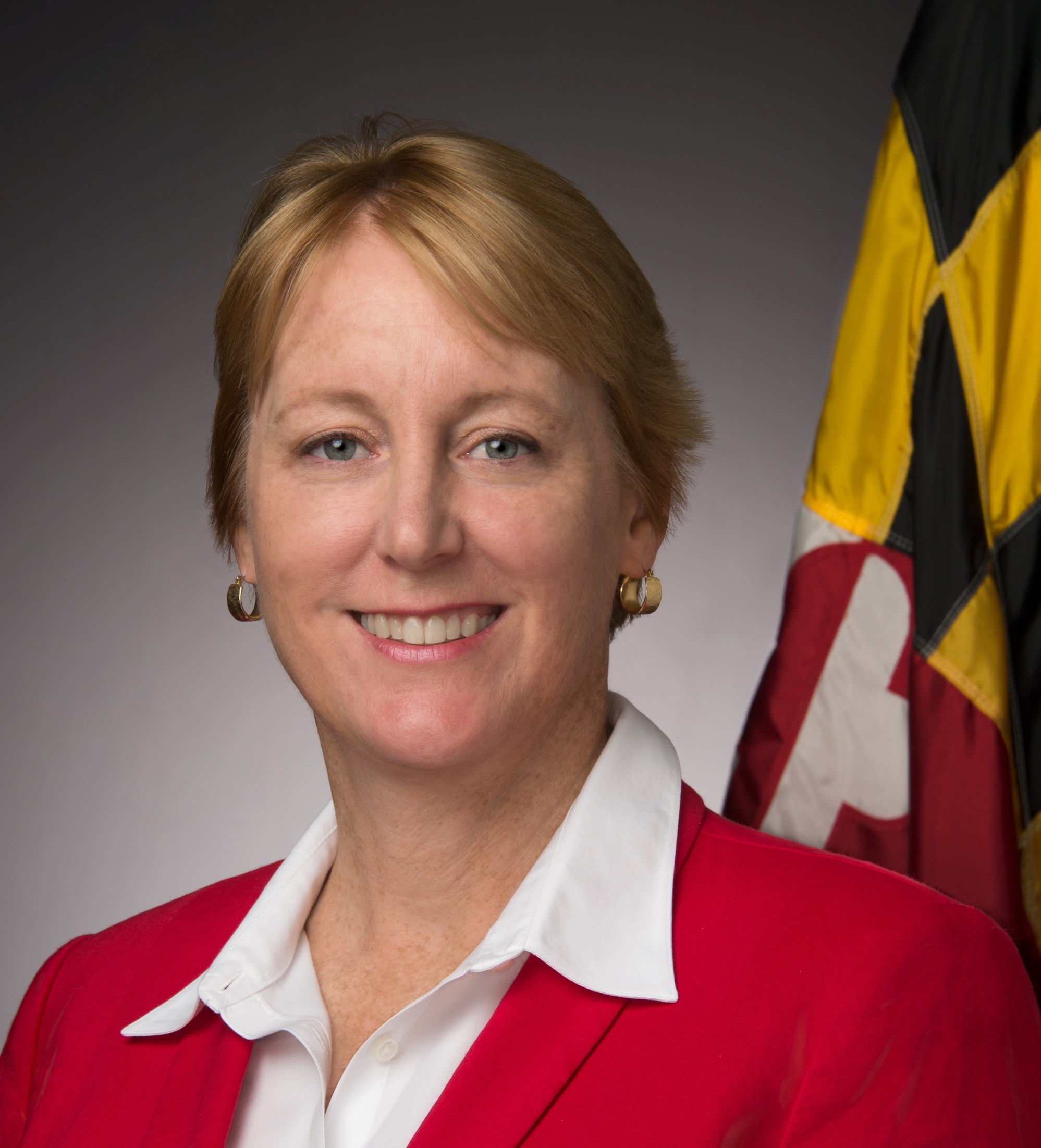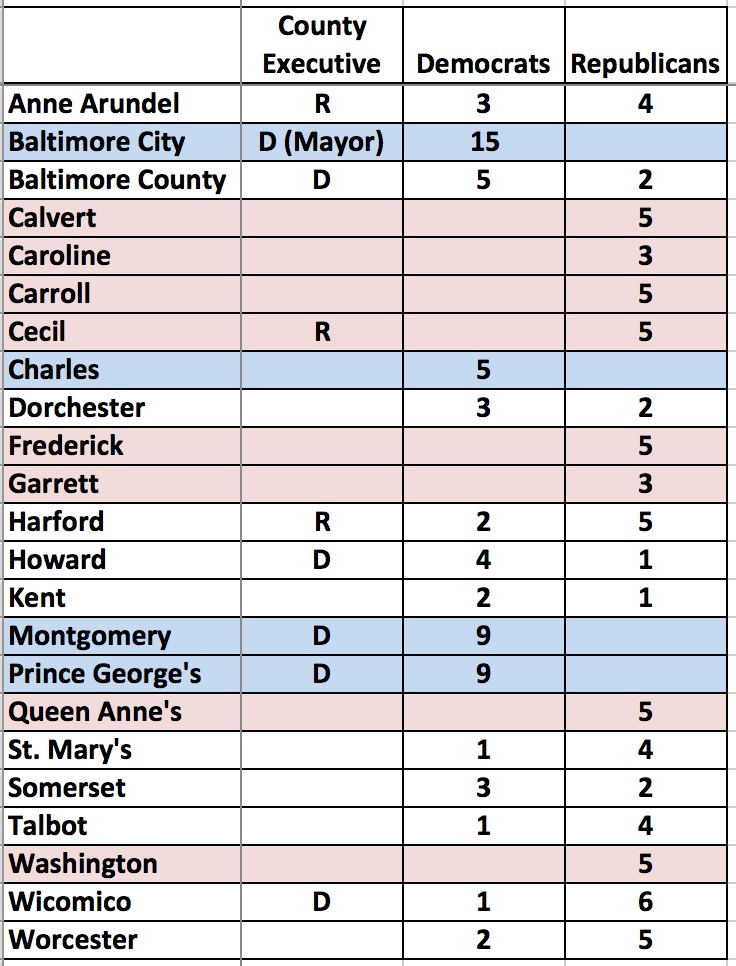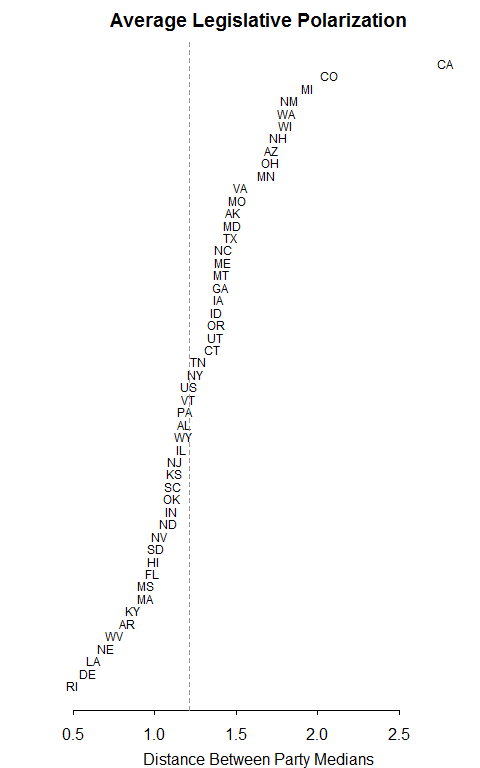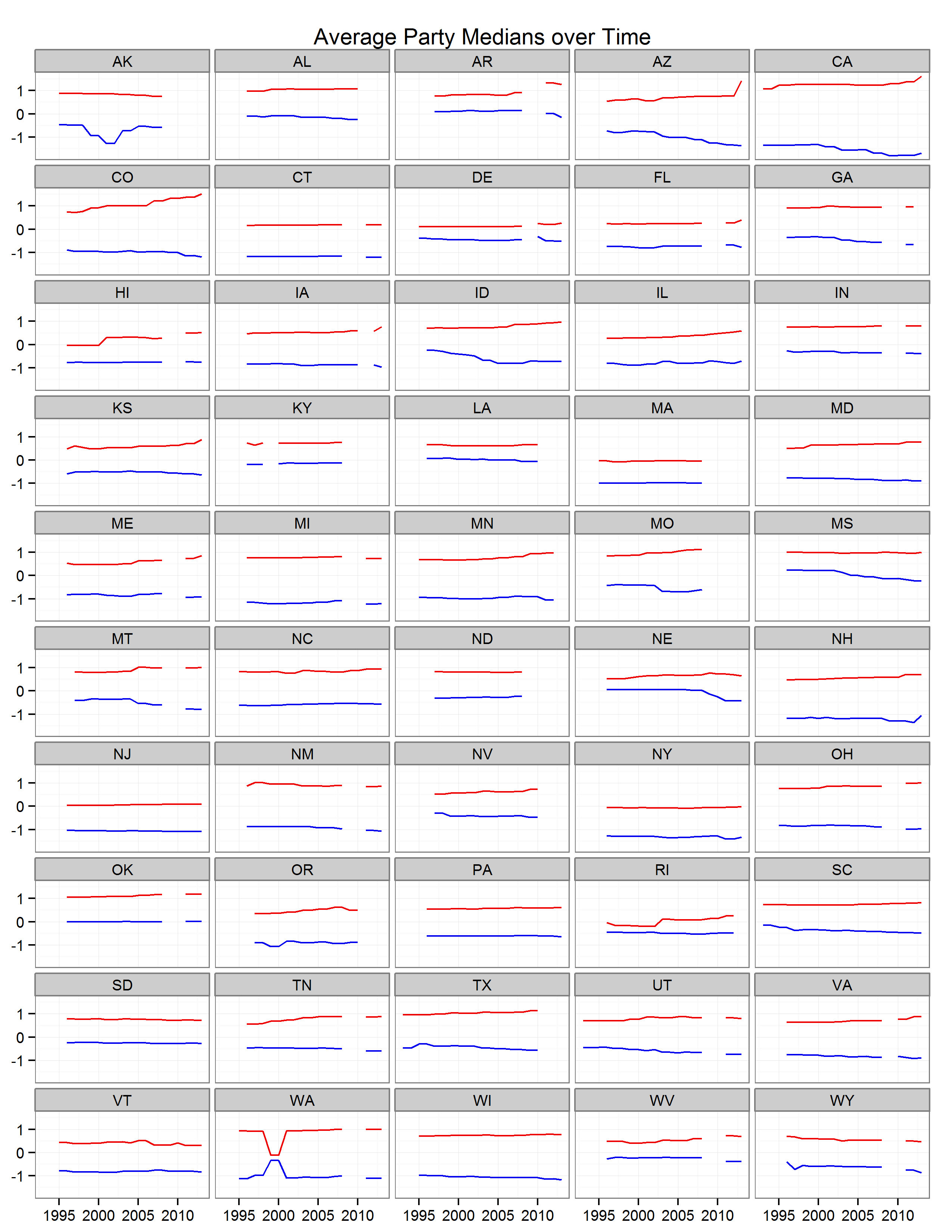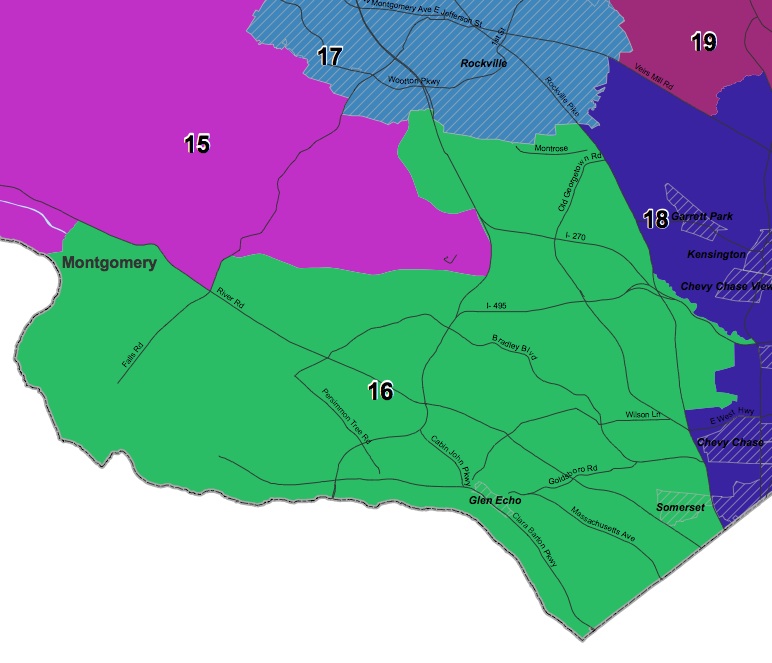As the last post detailed, a majority of Maryland counties have legislatures with representatives from only one party. Democrats in my home county of Montgomery enjoy their hyperdominant status, and celebrated heartily the electoral demise of the County’s last Republican officials in the 1990s.
One-party monopolies create a number of problems. In this case, I am not referring to unified party control of the legislature and executive, as in the case of the Maryland State Government with Democrats holding both houses of the General Assembly as well as the Governor’s Mansion. Instead, in this context, single-party control references when one party controls government so thoroughly that there is no meaningful opposition.
Political scientists have long observed that problems can arise for democratic governance when one party controls politics so thoroughly that there is no real electoral competition in the general election. (V. O. Key was a pioneer in this area and his classic work on Southern Politics inspired many of my thoughts here.)
First, the party primaries of one party become the key election in place of the general election. Only a small fraction of voters choose the party’s nominee (read: elect the official). In Maryland, turnout is already lower in gubernatorial than presidental election years and turnout is far lower in primaries than in general elections. Moreover, despite one-party dominance, many still remain registered as independents or with another party, further shrinking the share participating in the one meaningful contest.
Think the case is overstated? In Montgomery County, 83,827 voted in the 2010 Democratic primary–just 14.7% of the County’s 569,234 eligible voters. Prince George’s did a little better because the County has fewer non-Democrats with 96,652 casting ballots in the Democratic primary out of 498,718 eligible voters–19.4%.
This same effect also occurs in Republican counties, though the impact is somewhat less drastic. In Carroll County, 19,845 voted in the 2010 Republican primary, 22.8% of all eligible voters. In Garrett County, 5,398 cast ballots in the GOP primary, forming 33.2% of the 16,256 eligible.
Second, it leads to disorganized politics and makes it difficult to hold government accountable. For the all the derision directed at parties and partisanship, political parties serve extremely valuable purposes. The collage of views that animate each party organize politics for voters. In elections, the party label is a recognizable brand, which provides a quick cue to voters looking to cast a ballot. We rely on similar shortcuts in many aspects of life.
Places without a viable opposition party lack these cues and organization because all the action takes place in the primary. Parsing differences between candidates is difficult without party labels. Voters have to work much harder.
The absence of party divisions also makes it more difficult to vote based on the basis of overall satisfaction with the government. When one party is so strongly dominant, it is more difficult to throw out the “ins” and replace them with the “outs” because there is no viable opposition and the “ins” and the “outs” belong to one party.
Additionally, in single-party places, one party tends to accommodate a larger range of views as people gravitate to the party of power. Occasionally, clear factions will appear within parties, as with Doug Duncan’s 2002 “End Gridlock” slate. But such linkages tend to be ephemeral and the labels don’t appear on the ballot. It can also make it easier for individual politicians to shift positions over time since there are a panoply of views within one party.
All of this helps explain why the Montgomery County Council is perpetually so factionalized with shifting alliances that are often based on personality conflicts and not issues. There are genuine issue differences in Montgomery but there is no party alignment to help organize them and make it easier for voters to hold officials accountable for their decisions.
The next post on county politics will begin to explore the causes of one-party counties and ideas about what we can do about it to produce better governance.


